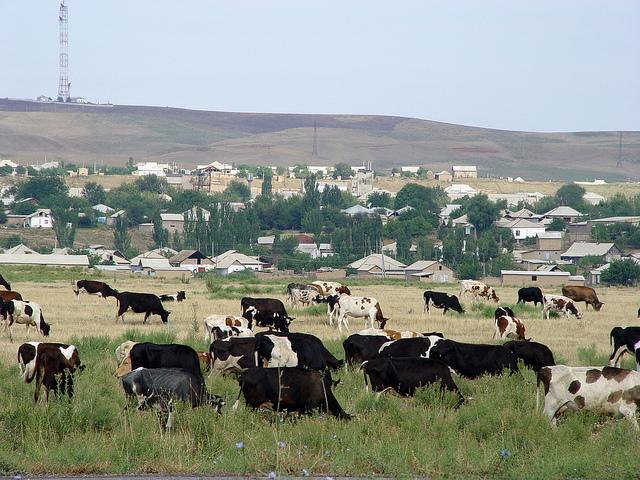Innovative Index Insurance Solutions – Uruguay

The risk of drought is one of the biggest threats to livestock production in Uruguay. This is particularly relevant in livestock breeding bases, as the quality of the available pasture directly affects the quality of the livestock, and livestock fertility takes years to recover from bad droughts.
In 2011 The World Bank Group (WBG) launched a feasibility study on developing an Index Insurance pilot in Uruguay, funded by the Government of Japan through the Global Index Insurance Facility (GIIF). The study quantified the total number of reproductive livestock units as 3.8 million countrywide, with 315 million USD total sum insured. The corresponding number of livestock producers was estimated at 38,000.
The outputs of this technical and financial assistance has allowed the government to start pilot testing an innovative Normalized Difference Vegetation Index (NDVI) index insurance to cover small scale cattle producers and meat producers in two regions against damage caused to permanent pasture by drought.
The pilot phase is scheduled between 2015 and 2017. Beneficiaries include small and medium meat producers who are part of a climate change resilience and adaptation project. 12,000 livestock units were insured in the first season (November to March when the impact of drought is most critical) of the pilot phase. 4,000 additional units of livestock will be insured when the pilot expands to other areas in the last quarter of this year.
The sum insured for each livestock unit was 90 USD, corresponding to 50% of the estimated cost of food supplement in case of drought. The premium rate was 7.5%, calibrated for a 1-in-15 year drought, resulting in total premium of around 80,000 USD. The insurance is underwritten by the state owned Banco de Seguros del Estado, the largest insurance company in Uruguay with quota share reinsurance provided by Swiss Re.
Click here for more information on the project.
